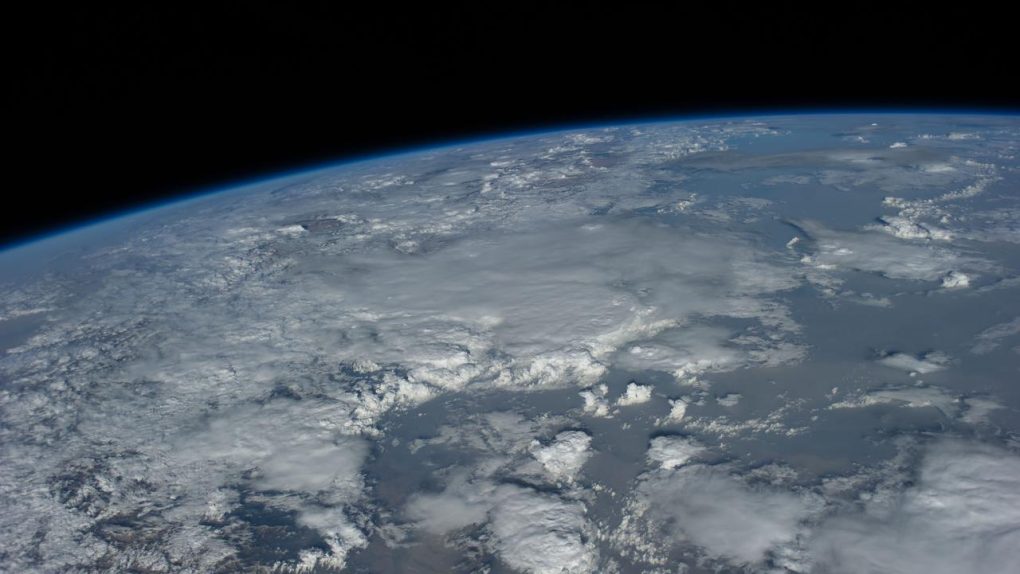Evolution is extremely important to the long-term survival of any species. Conditions in any habitat are constantly shifting and it’s up to the plants and animals in those environments to adapt or face extinction. Genetic diversity is how nature solves this problem, and as each species in a habitat slowly branches out, the ones that are most well-suited to survive will always be the ones that carry on their genetic material and this, over time, is what evolution is all about. However, humans have thrown a pretty serious wrench in nature’s plans, isolating certain species for the purposes of farming, and new research suggests that this practice may ultimately doom them.
A new study in Proceedings of the Royal Society B focuses on the population diversity of Atlantic salmon. The fish has a long history of being farmed, but fish farming in places like Sweden may ultimately hinder the ability of the fish to evolve and adapt to a changing climate. The researchers examined the genetic diversity of caught salmon from the 1920s with salmon caught today, and the findings are troubling.
Farming any type of animal, whether it be dairy cattle or Atlantic salmon, is more efficient if the animals are all the same. By selective breeding over the course of many generations, farmers can expect consistent yields, predictable behavior traits, and, in general, very few surprises. This makes farming easier and more profitable, but it ultimately hamstrings the species by preventing it from evolving as it otherwise would. That’s exactly what is happening with Atlantic salmon in Sweden.
As the researchers explain in the paper, farmed fish stocks are extremely homogenous with very little diversity. This is fine if the fish are completely isolated but they often are not, escaping into free water and mixing in with wild salmon populations. When this happens, the farmed fish spread their genetically inferior survival traits to the natural population and set the species back by reducing diversity. Eventually, as more farmed salmon mix in with wild fish, the diversity of the entire species is affected, which may severely inhibit its ability to adapt to environmental shifts like warming water due to climate change.
The researchers explain:
Our results demonstrate that stocking practices of salmon in the Baltic Sea have led to the homogenization of populations over the last century, potentially compromising their ability to adapt to environmental change. Stocking of reared fish is common worldwide, and our study is a cautionary example of the potentially long-term negative effects of such activities.
While the study looked only at Atlantic salmon in one region, the practice of farming animals can have similar effects across the board. It’s vital that changes be made to protect wild populations of animals from being affected in this way, and it might require a complete reinvention of how we think of farming.








